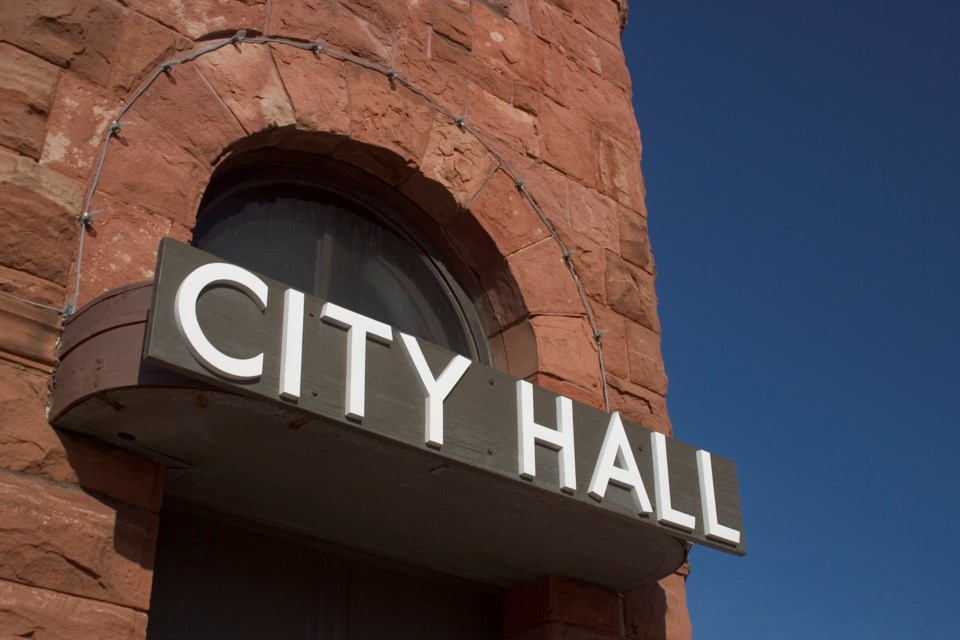News flash: the 2022 Vancouver mayoralty challengers are mathematically challenged.
They think that one of the four of them will emerge in the weeks ahead to out-poll the incumbent.
They think that there is a five-way race and not a one-versus-four-way race.
They do not realize they are perceived as peas in a pod.
They do not wish to accept they are to the political right of the progressive person they must beat who has no progressive rival in a progressive city.
They do not apprehend that their largest impediment to the mayor’s chair is not Kennedy Stewart but their three fellow contenders.
And they are failing to understand they are running out of time to differentiate sufficiently to pull away from the overcrowded field to deny Stewart a second term.
In knowing all four – in alphabetical order, John Coupar, Colleen Hardwick, Mark Marissen and Ken Sim – I can attest each has credentials and credibility to hold the office.
And, sad to say, I am also attesting to their impossible egos.
That hubris – that somehow the other three challengers will wilt, or didn’t actually have any real base of support, or will be revealed in debates as pretenders, or will all be seen in the campaign as unelectable – is more than likely going to deliver a world of regret on the night of October 15.
That misbelief – that their personalities and policies will stand out and soak up a sizable portion of the clear cohort that abhors the notion of a second Stewart mandate – is more than likely playing into the hands of the mayor and the equipped, competent machinery in his midst.
His machinery is more than anything the Vancouver and District Labour Council, which can usually manifest the destiny of anyone it supports.
To defeat that machinery, solidarity is required. Instead, there are splinters.
This is not, despite some of the challengers’ hopes, the campaign dynamic of 2018. In that election, Stewart had a significant left-of-centre rival in Shauna Sylvester, who earned 35,000 votes. It played into the 757-vote victory Stewart had over Sim, who had much more minor rivals on the right. This time, Stewart has no one to his left, and Sim has three contestants with him to Stewart’s right (even if Marissen shares some of the mayor’s left-of-centre policies).
There are flaws to find in each of the challengers, whether it is their take on housing, their hardened conservatism, their treat-the-city-as-a-business focus, their feeble financing or their backroom roster. Stewart will exploit the individual weaknesses when the campaign takes flight in late summer if no one is willing to do the wise, strategic thing to build a victory out of what stands to be four-fold defeat.
The smart thing would be for the challengers to huddle, for three or no less than two of them to run instead for council, and for the four to develop a pact about how the city will be governed with one as mayor and three as deputies with significant responsibilities.
They would as a foursome be fearsome politically. Each of the four has name recognition and would be strong contestants for a council seat. This is an election in which incumbency and name recognition will have a distinct edge, because the pandemic restrictions prevented candidates from raising profiles. All of them believe the city's administration has to be tackled, but it will take a gang-tackle.
Their stubbornness is handing the contest to a mayor who must love to see such a plentiful field.
Further complicating their plights is that it appears the challengers’ parties will run a full or nearly-full slate of council candidates, mostly of new faces – the exceptions being Sim with three former NPA councillors and Coupar with one incumbent). This isn’t sensible, either, because none of the four is likely to secure five council seats to hold a majority in the chamber if they try to run the table.
Historically, Vancouverites haven’t even voted for 10 council nominees, much less a full slate of any party’s. Gavin Dew, an Oxford-grad political strategist most recently a BC Liberal leadership candidate, notes that the numbers actually declined from around 8.7 votes for 10 candidates to about eight in the last two elections. (Disclosure: Dew was on my mayoralty campaign team in 2014, when the NPA ran 10 and elected three.)
Every recent election has seen a variety of parties represented in the results, mainly because of name or brand recognition. Each party would be wise to acknowledge that and prune their nominees in anticipation.
But no.
Of course, it doesn’t much matter that the math won’t work at the council level if the top job isn’t claimed. The math (if I can recall how to write a formula): The challengers think 1x (one of them) can be = >3y (their fellow challengers) and be >1z (the incumbent). It’s more like 1x = ~1y (they’re not terribly far apart , basically) and will be = <1z (the person with the title).
Polls are still vague at this point, but they suggest an incumbent in a healthy pole position and a four-person pile-up well back.
Each challenger has an authentic purpose of public service. But if they’re serious about it, the four need to get in a room and sort it out.
Kirk LaPointe is publisher and editor-in-chief of Business in Vancouver and vice-president, editorial, of Glacier Media.



